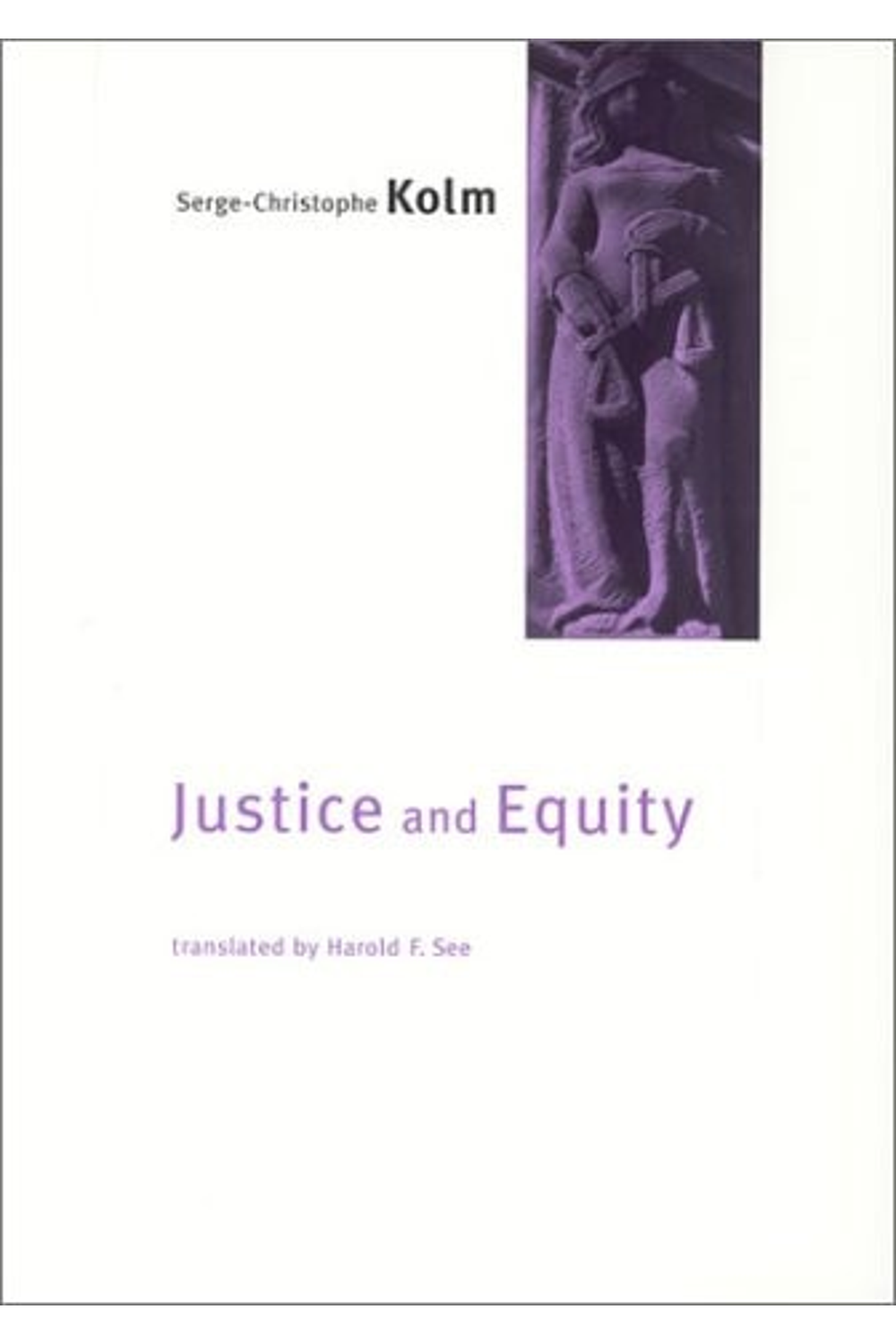Unlock the foundations of normative economics with “Justice and Equity” by Serge-Christophe Kolm and Harold F. See. This influential work, reprinted by The MIT Press, delves into the core principles of fairness, equality, and social welfare, providing a rigorous framework for understanding and addressing societal inequalities. Kolm’s concepts, including ideal equalities in freedom and happiness, have shaped major lines of study in the field. Going beyond theory, this book explores the practical implications of these principles, analyzing their properties and consequences. Perfect for students and scholars in Economics, Political Science, and Philosophy, “Justice and Equity” challenges readers to confront fundamental questions about justice and the construction of a better society. This edition features a thought-provoking foreword on the rational necessity of equality and interpersonal comparisons. Explore how Kolm’s insights continue to influence policy debates and shape our understanding of a just world. A must-read for anyone seeking a deeper understanding of economic justice and its philosophical underpinnings.
Justice and Equity
19,39 $
In stock
A major work on the foundations of normative economics.
Justice and Equity is a major work on the foundations of normative economics. The principles established by Kolm have formed the basis of the major lines of study in the field. The central principles are the ideal equalities in freedom (related to non-envy) and in happiness (approximated by the efficient leximin in fundamental utility). Kolm also presents related principles such as fundamental dominance and majorities, realistic equity, and adequacies. He analyzes thoroughly the reasons, properties, and consequences of these principles. A foreword for the English-language edition presents the rational necessity of equality and the theory of interpersonal comparisons.
| Authors | |
|---|---|
| Binding | |
| Condition | |
| ISBN-10 | 0262611791 |
| ISBN-13 | 9780262611794 |
| Language | |
| Pages | 275 |
| Publisher | |
| Year published | |
| Weight | 381 |
| Edition | Reprint |
Related products
I Am What I Am
13,43 $Great State: China and the World
22,74 $
- Additional information
- Currencies
- USD – United States dollar
- EUR – Euro
- GBP – Pound sterling
- CNY – Chinese yuan
- BRL – Brazilian real
- MXN – Mexican peso
- JPY – Japanese yen
- PHP – Philippine peso
- THB – Thai baht
- PLN – Polish złoty
- CAD – Canadian dollar
- MYR – Malaysian ringgit
- AUD – Australian dollar
- TWD – New Taiwan dollar
- CZK – Czech koruna
- SEK – Swedish krona
- HUF – Hungarian forint
- ILS – Israeli new shekel
- CHF – Swiss franc
- HKD – Hong Kong dollar
- DKK – Danish krone
- SGD – Singapore dollar
- NOK – Norwegian krone
- NZD – New Zealand dollar





